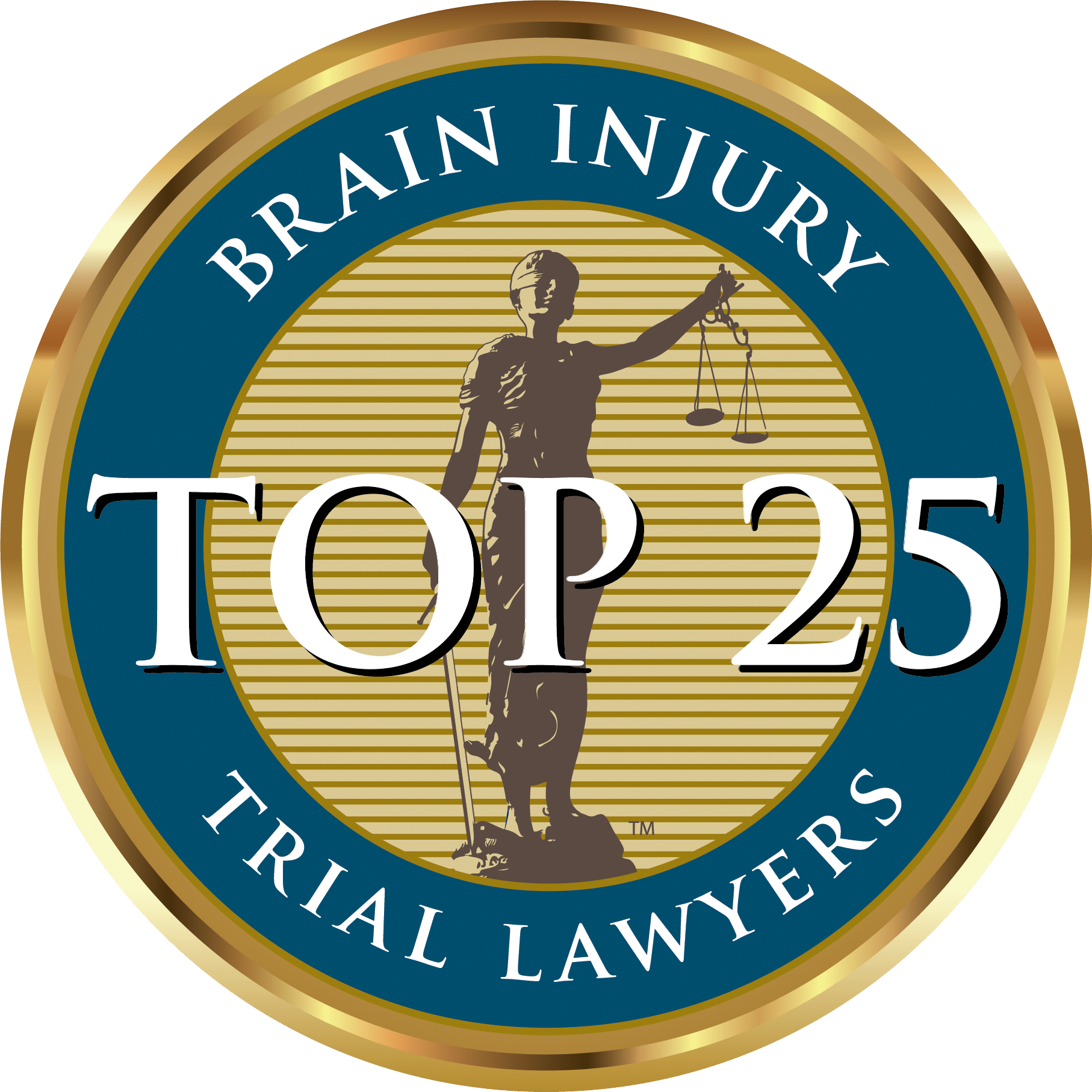New Jersey Medical Malpractice Statute of Limitations

All states impose a statute of limitations, or time limit, on when you can file a negligence claim, such as for medical malpractice. While statutes of limitation vary by state and type of case, the idea behind them is the same: if you fail to file within the allotted amount of time, your rights to compensation will be void. So, if you believe you have a valid malpractice case, it is very important to know the New Jersey medical malpractice statute of limitations to avoid accidentally overstepping it.
Below, we discuss some of the basics of the statute of limitation for medical malpractice claims in New Jersey. For legal representation or case-specific answers, call a medical malpractice lawyer at Cordisco & Saile LLC and request a free consult: 215-642-2335.
Why does New Jersey law impose a time limit for filing a medical malpractice case?
States enacted statutes of limitation to protect both defendants and the integrity of the case. If too much time passes after an injury occurs, people may destroy files or destroy evidence, making it difficult if not impossible to prove or defend against a malpractice claim.
Witnesses may die or move, memories can fade, and you may lose receipts for your losses. The statute of limitations helps keep matters fair and evidence fresh, providing all parties with an adequate amount of time to consider options and take legal action.
What is the statute of limitations for NJ medical malpractice claims?
New Jersey law stipulates that you have two years in which to file a medical malpractice claim. The two-year clock typically begins ticking on the date the medical mistake/your injury occurred, but not always.
If you did not discover the injury right away, the clock might not start ticking until the date you recognized the injury. New Jersey subscribes to a rule referred to as the discovery rule, which essentially pauses the statute of limitations until the victim discovers the medical mistake or until the victim should have discovered it.
The discovery rule often comes into play in cases where surgeons have left surgical items inside the body of the patient, or when doctors have misdiagnosed their patients. This is because in these cases, it may take some time to realize what has transpired. In these types of cases, the statute of limitations will commence two years from the date you actually discovered the malpractice.
Are minors subject to the same statutes of limitation?
New Jersey has an extended statute of limitations for minors harmed at birth. The state refers to this as tolling.
NJ Rev. Stat § 2A:14-2 states the following: “An action by or on behalf of a minor that has accrued for medical malpractice for injuries sustained at birth shall be commenced prior to the minor’s 13th birthday.” So if your child sustained a birth injury that resulted from malpractice, you have 13 years in which to file your claim.
The statute also provides that if a parent/guardian does not file a malpractice claim on the child’s behalf by the time she turns 12, the minor or her guardian ad litem then has the right to file the claim.
In addition, if the victim is a minor at the time the malpractice occurred, he has until his 20th birthday to file a claim.
The statute of limitations may also toll due to the victim’s insanity. The statute of limitations may toll until he is of sane mind.
For more information on whether or not your case may be subject to tolling, call a medical malpractice lawyer at Cordisco & Saile LLC: 215-642-2335.
What happens if I file a malpractice claim after the statute of limitations?
If you try to file a medical malpractice claim after the statute of limitations has run out, it is almost guaranteed that the judge will throw out the case. A judge will not hear it and you will not be able to recover compensation.
You also do not want to wait too long to take legal action, even if your injury was relatively recent. This is because there are a lot of pre-lawsuit requirements that you must take care of before you actually file the complaint with the court. Your lawyer will have to notify the doctor and his insurance company of your intent to sue. He will also have to obtain records, analyze and prepare the case, and estimate your damages.
You will likely need to speak to medical experts beforehand and receive a second and third opinion, too. All of these things take time and you must take care of them prior to filing the first document with the clerk. Waiting too long might cause you to accidentally eat up all of your time. The sooner you can take your case to a New Jersey medical malpractice lawyer, the better.
Are there any other limits I need to be aware of?
In addition to placing a time limit on when you can file your claim, some states also place a limit on the amount of money you can recover. Fortunately, New Jersey’s policies for caps on damages are very victim-friendly. When you win a medical malpractice claim, there are three general categories of damages you can recover, only one of which has a cap:
- Economic damages: These awards compensate you for your tangible losses, such as medical bills, lost wages, and miscellaneous expenses.
- Non-economic damages: These types of damages are for the intangible losses, such as emotional harms and pain and suffering.
- Punitive damages: If the doctor’s negligence in your case was particularly reckless or wanton, the judge may also award you with punitive damages as a means to punish the wrongdoer and discourage future misconduct. This is the only type of damage that New Jersey places a cap on. Specifically, your punitive damages cannot exceed five times your combined your compensatory damages or $350,000, whichever is larger.
Do I need an attorney for my New Jersey medical malpractice case?
For a free, no-obligation consultation with a medical malpractice attorney in New Jersey, contact Cordisco & Saile at 215-642-2335 today.






